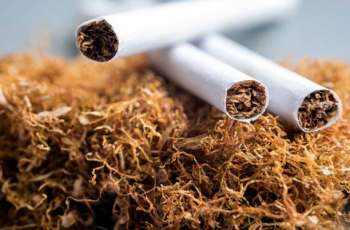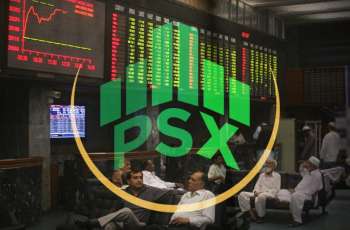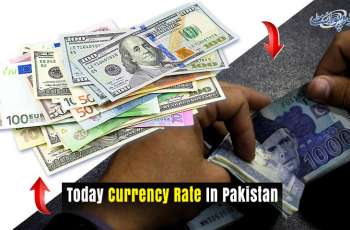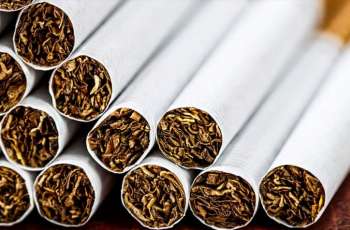MOSCOW (Pakistan Point News / Sputnik - 06th August, 2020) The European Union might reconsider its stance on Russian sanctions amid the growing autonomy brought about by the coronavirus-related economic shocks, Vittorio Torrembini, the president of the Association of Italian Entrepreneurs in Russia (GIM-Unimpresa), told Sputnik in an interview.
"The companies have decried the sanctions right away. But everyone is clear about that the removal of sanctions will be a result of a political process" Torrembini said, adding that "the past month saw a 'polirevolution' in Europe."
The GIM-Unimpresa head pointed at how uneven the economic burden from the pandemic was for different European countries � with the southern EU members like Italy and Spain falling under the heaviest hit � to illustrate how differently the EU leadership reacted to the COVID-19 crisis as opposed to the Greek economic crisis of the 2010s.
According to the Italian entrepreneurial association chief, "the philosophy of governance is changing in the EU" as is evident from how Germany and France changed their attitudes.
"As this process has finally begun, I see that Europe is becoming more autonomous, exercising more solidarity, getting closer to the values that were at the heart of the creation of the EU. If the EU manages to become more independent, it will be able to speak more openly with Russia, and then changes might follow with regard to the sanctions and other issues," Torrembini said.
Since 2014, the West has exerted political and economic pressure on Moscow over the alleged involvement in the Ukrainian conflict and the referendum in Crimea that resulted in the peninsula's reunification with Russia. The European Union and a number of third countries, including the United States, Canada and Australia, have since imposed several rounds of sanctions on Russia's trade, energy, banking and defense sectors.
Moscow has denied the allegations and taken countermeasures, with the most well-known being the adoption of a state policy favoring the domestic production over imports. Numerous European producers, especially small agricultural businesses, have decried the shutdown of the opportunity to export produce to the Russian market and urged their respective governments to lift the restrictions.



